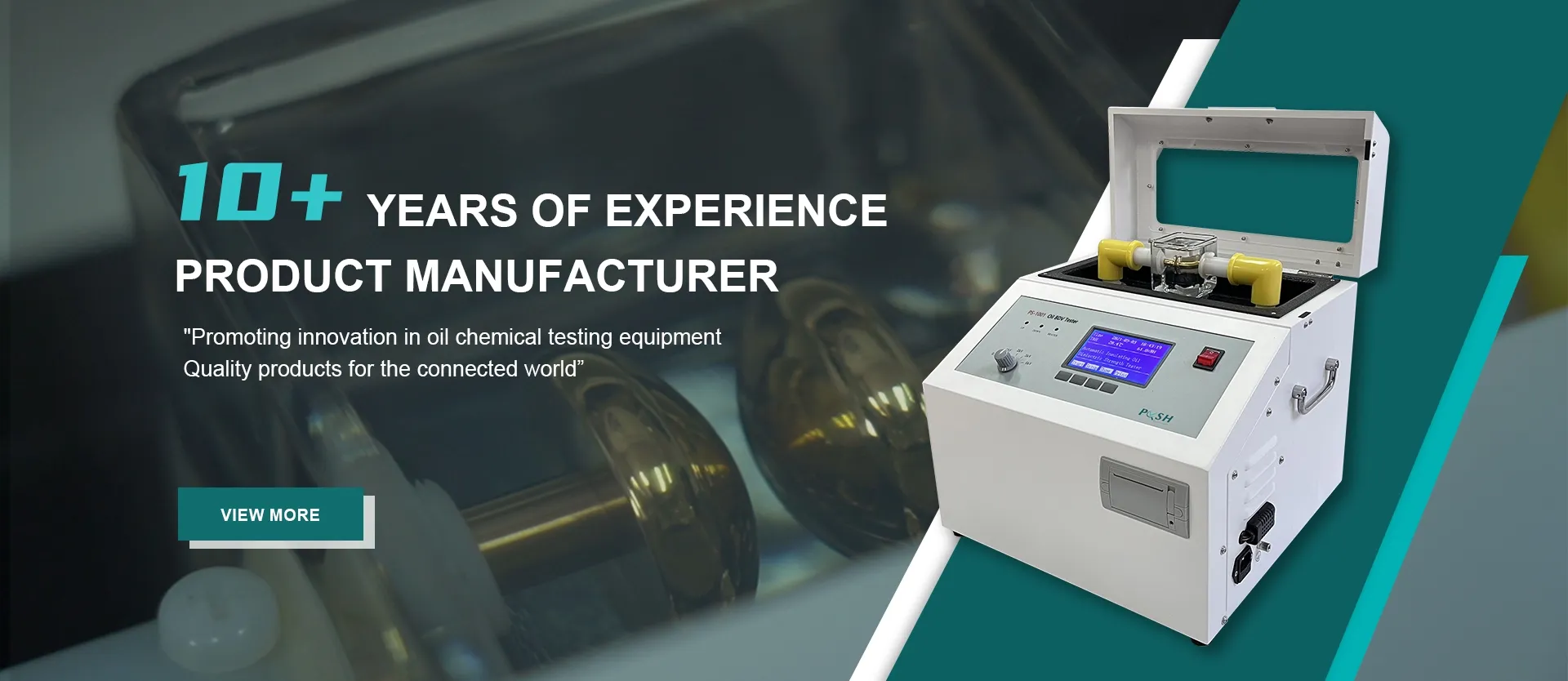 English
English


Harmonic Analyzer for Power Quality Improvement
The Role of Harmonic Analyzers in Power Quality Management
In today’s increasingly electrified world, ensuring the quality of electrical power is crucial for both operational efficiency and equipment longevity. Harmonic distortion, which arises from non-linear loads such as variable frequency drives, switching power supplies, and other electronic devices, is a significant concern in power quality management. Harmonic analyzers play an essential role in identifying, analyzing, and mitigating these distortions, thereby enhancing the overall performance of electrical systems.
The Role of Harmonic Analyzers in Power Quality Management
One of the primary functions of a harmonic analyzer is to perform Fourier analysis, which decomposes a complex waveform into its harmonic components. This process reveals the presence and severity of harmonics in the system. Using this data, professionals can identify the sources of distortion and quantify their impact. For instance, organizations can monitor harmonics across different loads and identify specific equipment that contributes excessively to distortion, allowing for targeted interventions.
harmonic analyzer in power quality

Additionally, harmonic analyzers often feature capabilities for capturing and storing data over extended periods. This characteristic enables long-term monitoring of power quality trends, providing valuable insights into seasonal variations and load changes. With historical data in hand, organizations can develop effective strategies for harmonic mitigation, such as installing filters, adjusting system configurations, or replacing problematic equipment.
As energy efficiency becomes an increasingly vital consideration for businesses, the role of harmonic analyzers extends to compliance with industry standards and regulations. Various international standards, such as IEEE 519, provide guidelines for acceptable levels of harmonic distortion. Regular monitoring using harmonic analyzers ensures that organizations adhere to these standards, thus avoiding penalties and maintaining a reliable power supply.
Furthermore, the advancement of technology has led to the integration of harmonic analyzers with smart grid solutions. This synergy allows for real-time monitoring and automatic adjustments, enhancing the resilience and efficiency of power systems. By leveraging data analytics and machine learning, these modern systems can predict harmonic issues and provide proactive solutions, significantly reducing downtime and maintenance costs.
In conclusion, harmonic analyzers are indispensable tools in the quest for optimal power quality. By accurately measuring and analyzing harmonics, these devices not only help in troubleshooting and mitigating issues but also play a critical role in maintaining compliance with power quality standards. As the demand for efficient and reliable power systems continues to rise, the importance of harmonic analysis will only grow. Investing in high-quality harmonic analyzers is thus essential for any organization seeking to protect its electrical infrastructure and enhance operational efficiency.
-
Differences between open cup flash point tester and closed cup flash point testerNewsOct.31,2024
-
The Reliable Load Tap ChangerNewsOct.23,2024
-
The Essential Guide to Hipot TestersNewsOct.23,2024
-
The Digital Insulation TesterNewsOct.23,2024
-
The Best Earth Loop Impedance Tester for SaleNewsOct.23,2024
-
Tan Delta Tester--The Essential Tool for Electrical Insulation TestingNewsOct.23,2024





